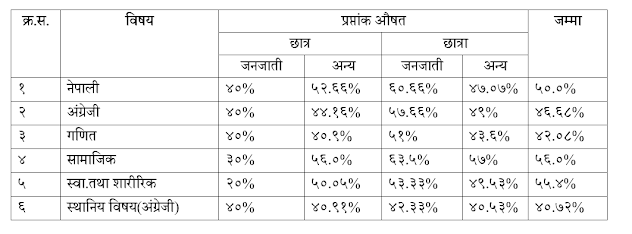The religious conflict : what are factors that contribute to the violence?
A religious conflict, commonly known as a religious war, refers to the hostilities that can emerge between distinct religions, groups, or communities within a society. These conflicts often arise from a variety of sources, including longstanding rivalries, unresolved disputes, historical grievances, and differences in cultural norms and values. These conflicts can leave lasting scars on a society and impact its dynamics for generations to come. The phenomenon of religious conflicts has historical roots, and evidence suggests that such conflicts have been present throughout history, even in ancient times.
Two
Types of Religious Conflicts:
1.Internal
Religious Conflict: Internal religious
conflicts occur when differing opinions or religious beliefs within a single religious
lead to conflict. These conflicts can vary in intensity and duration. They
might arise from disagreements over religious practices, cultural traditions,
or even the interpretation of religious roles and responsibilities. Internal religious
conflicts can be relatively short-lived, but they can still leave a lasting
impact on the relationships within the religious and the broader community.
2.
External Religious Conflict:
External religious conflicts involve clashes between two distinct religions.
These conflicts tend to be more intense and enduring in nature. They can be
fueled by a range of factors, including competition for resources, social
status, and political power. Resolving external religious conflicts can be
exceptionally challenging, as they often require one of the religions to
dominate the other for the conflict to subside. Such conflicts can have
profound social, economic, and political consequences, and they might persist
for extended periods of time, resembling an active volcano that continues to
erupt.
Causes
of Religious Conflicts:
Political Motivations: Politicians seeking to consolidate power sometimes exploit religious identities for their own benefit. By polarizing communities along religious lines, these politicians can create an environment conducive to conflict as they vie for electoral support.
Religious
Differences: Religious conflicts
can also be exacerbated by religious disparities. When religions follow
different religious beliefs, tensions can arise due to variations in customs,
rituals, and beliefs. These differences can lead to misunderstandings and
ultimately escalate into conflicts.
Impact
of Religious Conflicts:
Religious
conflicts can have severe consequences for societies:
Peace
and Security: Ongoing religious
conflicts can erode the peace and security of a nation. The constant threat of
violence and instability can hinder economic growth and development.
Economic
crisis: The result of
religious conflict can lead to economic crisis. War damages a country's
material wealth.
Addressing
Religious Conflicts:
Efforts
to mitigate religious conflicts require a multifaceted approach:
Dialogue
and Mediation: Open communication and
dialogue among different religions are essential for understanding grievances
and finding common ground. Mediation processes can help facilitate these discussions.
Education
and Awareness: Raising awareness
about the negative impacts of religious conflicts and promoting understanding
of diverse cultures can contribute to long-term conflict prevention.
Inclusive
Policies and Strict Laws: Governments and
institutions can implement inclusive policies and Strict laws that promote
social and economic equality among different religions, reducing the potential
for conflicts.
In
conclusion, religious conflicts are complex and multi dimensional issues that
can have far-reaching consequences for societies. Addressing these conflicts
requires a concerted effort to foster understanding, promote inclusivity, and
work towards a more harmonious coexistence among different religious groups.
Dashain Festival: Must Know About Wonderful Celebration of Culture and Tradition
Thank you.



Comments
Post a Comment